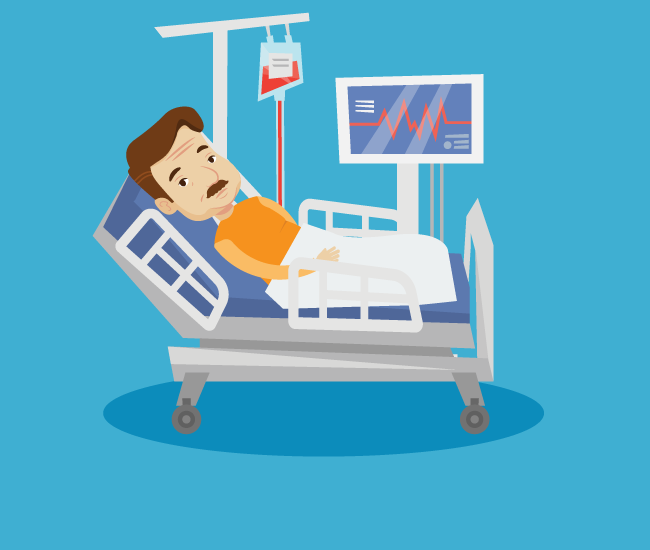Many people confuse the terms “heart attack” and “stroke,” using them interchangeably, thinking they are the same thing. But they are not.
A stroke affects the brain. A heart attack affects the heart. Let’s look at each in more detail.
Strokes
The American Heritage Dictionary defines a stroke as: A sudden loss of brain function caused by an interruption in the supply of blood to the brain. A ruptured blood vessel or cerebral thrombosis may cause the stroke, which can occur in varying degrees of severity from temporary paralysis and slurred speech to permanent brain damage and death.
The first signs of a stroke are numbness, slurred speech, weakness, paralysis on one side of the body, blurred vision or sudden loss of vision, drooping arm or leg, dropped face or dribbling mouth, unsteadiness, confusion speaking or understanding speech.
If you believe someone is having a stroke, call 911 immediately. It is important to keep the person calm, but give him/her nothing to eat or drink. Continue monitoring until the paramedics arrive.
There are two main types of stroke. The most common is when a clot blocks an artery that carries blood to the brain. This is caused by a Cerebral Thrombosis or Cerebral Embolism.
The second most common stroke is a Bleed. This is when a Blood Vessel breaks in the brain, also called a Hemorrhagic Stroke.
For more information on strokes, watch this short video:
Heart Attacks
The American Heritage Dictionary defines a heart attack as: An episode of heart failure or the stopping of normal heart function; a coronary thrombosis. Symptoms of a heart attack include pain and pressure in the chest, which often spread to the shoulder, arm, and neck. Today, physicians tend to define heart attack in terms of muscle damage to the heart caused by oxygen deprivation.
It is important to recognize the problem before the heart stops. You may notice signs and symptoms like sweating, difficulty breathing, chest pain, and nausea.
If you believe someone is having a heart attack, call 911 immediately. It is important to sit him down and reassure him to reduce his anxiety level until help arrives.
Cardiovascular disease is the number one killer in America and leads to heart attacks.
You can prevent cardiovascular disease with a healthy diet, regular exercise, managing stress, controlling diabetes, controlling high blood pressure, and not smoking.
For more information on heart attacks, watch this short video:

